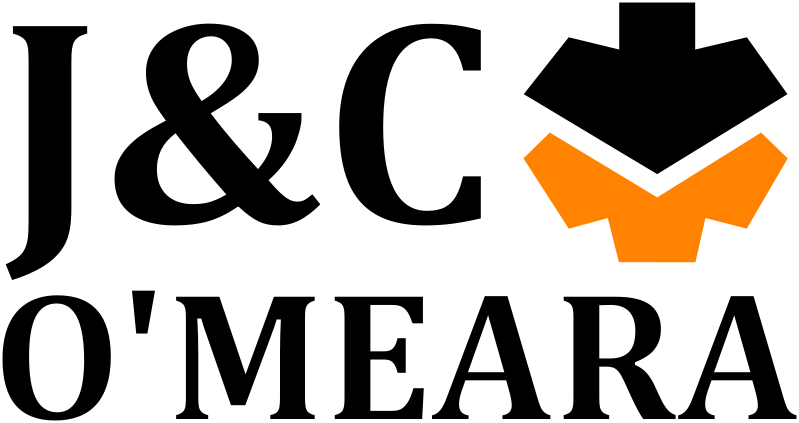How to Choose the Right CNC Router for Your Business
- John Shepperd

- May 6, 2025
- 3 min read

Introduction: Investing in a CNC router is a significant decision for any woodworking company. The right machine can elevate your production capabilities, but the wrong choice could lead to wasted resources or unmet expectations. When it comes to choosing a CNC router, it's crucial to consider several key factors to ensure the equipment aligns with your business goals and operational needs. Below, we outline the main considerations to guide your decision-making process.
Assess Your Production Needs
Every business has unique production requirements. Start by evaluating what you plan to produce with the CNC router:
Volume of Work: Are you running high-volume production of cabinets or panels, or crafting custom one-off pieces? The answer will influence the durability, size, and automation features you need.
Material Types: Consider the primary materials (e.g., solid wood, plywood, MDF, laminates) you'll be cutting. Some routers handle dense hardwoods or composite materials better than others and may require more powerful spindles or specialized cutters.
Complexity of Designs: If your products feature intricate carvings or 3D contours, you might need a more advanced machine (possibly a 4-axis or 5-axis router). For straightforward cutting and drilling on flat panels, a reliable 3-axis CNC may suffice.
Size and Workspace Constraints
CNC routers come in various sizes, from compact units to large industrial machines. Measure the available space in your workshop and consider the largest workpiece you will need to machine. Ensure the router's bed dimensions accommodate your typical project sizes (for example, a full 8x4 foot sheet of plywood). Also account for additional space around the machine for material loading, unloading, and maintenance access. Remember that larger machines may require specific floor reinforcement or entryways for delivery. Balancing the machine's capacity with your workspace will prevent headaches down the line.
New vs. Used Equipment
Deciding between a new or used CNC router can impact your budget and long-term satisfaction:
New CNC Routers: Buying new gives you the latest technology, a full warranty, and the assurance that the machine is in pristine condition. You'll also benefit from up-to-date software and possibly training provided by the manufacturer or dealer.
Used CNC Routers: Opting for a used machine can save money upfront. Reputable suppliers like J & C O'Meara thoroughly refurbish used woodworking machinery before resale, ensuring reliability. A used CNC router might allow you to afford a higher-grade model than you could if buying new. Just make sure to obtain maintenance records and verify that support and spare parts are still available for that model.
Software and Compatibility
The software ecosystem of a CNC router is just as important as the hardware. Investigate what CAD/CAM software is compatible with the machines you're considering. A good CNC router will work with standard design programs that your team is comfortable with, or come with its own user-friendly programming software. Ensure the machine's controller can accept common file formats (like G-code or DXF from popular CAD systems). Also consider if the software requires ongoing licenses or subscriptions, which add to the operating cost. It's wise to choose a router with software that has strong support and training resources available, so your operators can get up to speed quickly. Many suppliers offer training sessions or tutorials – take advantage of these to shorten the learning curve.
Support and Maintenance
Any complex machinery will require maintenance and occasional troubleshooting. Look into the level of support offered by the manufacturer or the dealer. Does the supplier provide installation and on-site training? Can you easily get technical support or a service engineer if something goes wrong? It's also important to check the availability of spare parts and consumables (like vacuum pump filters, collets, and bits) for the model you choose. A reliable vendor such as J & C O'Meara will offer ongoing support, training, and even maintenance plans – invaluable resources to keep your CNC router running optimally with minimal downtime.
Conclusion: Choosing the right CNC router for your business involves balancing technical capabilities with practical considerations like budget and space. By clearly assessing your production needs, weighing the option of new vs. used, and evaluating software and support factors, you'll make an informed decision. Remember that a CNC router is a long-term investment in your company’s productivity. Taking the time to select the appropriate machine will pay off in higher efficiency and new growth opportunities. As experts with decades of experience in woodworking machinery, J & C O'Meara can help guide you through the selection process, ensuring you find a CNC solution that checks all the boxes for your business.



